Why I Decided to Train as a Psychotherapist
Many of you reading this may know that I own a nutrition counselling practice specializing in intuitive eating, disordered eating and body image. I’ve been a Nutritionist for nearly ten years at the time of writing, and since 2019, I’ve sat for thousands of hours with clients in private practice helping them to improve their relationship with food, body and self. I love what I do and that’s partly because, well, it works. Many, many people I’ve sat with have healed their relationship with food and moved on with their lives with a newfound sense of freedom and fulfilment. There is no greater job satisfaction.
So when I began to seriously consider going back to college to train as a Psychotherapist, a lot of people asked me why. I also asked myself the same question. Why would I sign up for a gruelling training that would take me four years to complete when I already do what I love and have no plans of changing it? Why would I bother? I was delivering results for my clients as it was - it wasn’t necessary.
Training to become a psychotherapist is no joke and it’s given me a newfound respect for therapists. It’s expensive, not just from a financial perspective, but it also requires an intensive amount of time, energy and emotional investment. Anyone who has committed to third-level education, particularly as a mature student, will know the sacrifices that need to be made to make it through.
To give you a little idea, my training involves…
4 years of Masters level study
2 evenings/week and countless Saturday’s given over to attending class
4 years of weekly personal therapy
2 years of clinical placement
Fortnightly clinical supervision
I’m three years in at the time of writing in 2024, and if all goes well, I’ll graduate in 2025 as a fully qualified psychotherapist. 😃
Where I spend the majority of my time these days…
When it comes to my career, I’ve always wanted to be the best I can be, and when I started working with clients one-on-one and more specifically, when I specialized in relationships with food and body image, I began to realise that one’s relationship with food is about much more than the food itself. I started to notice some themes come up in clinic and issues related to relationships, self-esteem, trauma and boundaries, to name just a few.
Of course, these are issues that don’t technically come underneath a Nutritionist’s remit, but they’re in the room nonetheless. I could have left well enough alone and continued to deliver the service people came to me for, but I was so curious about the correlation. If we could begin to look at these issues, how would that affect someone’s relationship with food? I felt I could offer so much more to my clients, but not without the adequate skillset and training.
Integrity is one of my core values and I felt uneasy exploring these issues to the depth I wanted to, without fully understanding how. The last thing I wanted to do was cause harm by going somewhere with a client that I wasn’t adequately trained for, so I decided to take the leap into becoming a Psychotherapist, with the aim of weaving it into my work as a Nutritionist, and close the gap between the two.
And wow, did I begin to see the benefits. As I began to expand my skillset in 2020 when I started studying, my client’s growth also started to expand. I can’t take all the credit for this - it just gave me more skills to guide the people who sat in front of me through their own unique healing experiences.
I graduated from my HDip Counselling and Psychotherapy in 2022 and am currently in the middle of my MA Psychotherapy at Dublin Business School
So, did I need to dedicate four years to becoming a Psychotherapist to do my job and do it well? No. But has it made me a better practitioner? Unequivocally, yes.
I’ve always followed my intuition, even if I’m not exactly sure where the path will lead me, and it’s never steered me wrong. I did this in 2018 too, when I decided to train as a yoga teacher after practicing yoga for only 6-months. This was another decision that has benefitted me personally and professionally in more ways than I can count.
My ultimate goal is to be able to see my clients through their whole healing journey and offer them exactly what they need at any given moment. Sometimes that’s nutrition counselling, sometimes psychotherapy, and more often, it’s a blend of the two. It’s highly intuitive work, and although there are patterns, the process is different with each client and is based on their unique background and experiences.
By continuing with education and becoming dual-trained in both nutrition and psychotherapy, I can offer clients a full circle, one-stop-shop service, tailored specifically to their unique needs.
I’m writing this on the cusp of turning 30, and as I enter this new decade, I’m looking forward to exploring where this additional string to my bow will lead me. But above all else, I’m glad I’ve dedicated so many years to honing my craft because the people who put their trust in me to guide them deserve nothing less.



